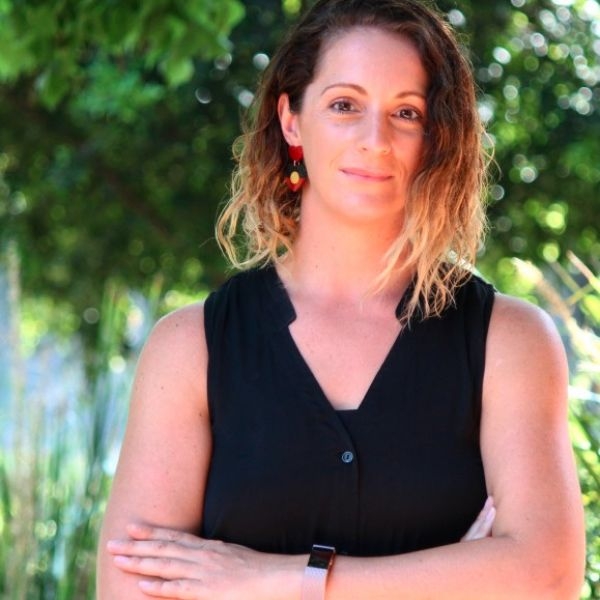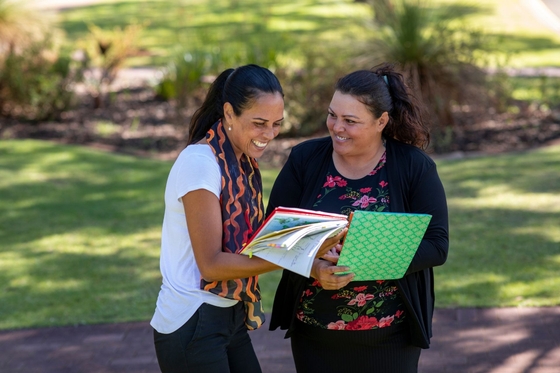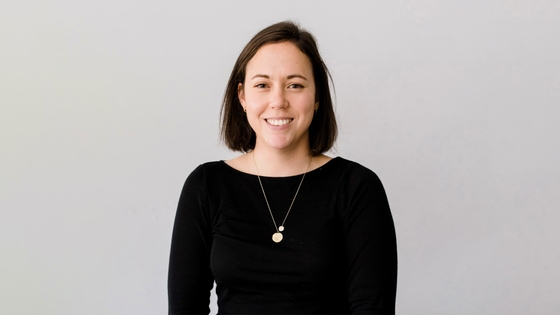
Yanhiyanirra (come to one’s assistance) Quit Pack to support smoking cessation
Dr Michelle Bovill, The University of Newcastle
2020 Aboriginal and Torres Strait Islander Award
Years funded: 2021-2024
Tobacco smoking has a devastating effect on cardiovascular health, current tobacco smokers have at least double the risk of developing most significant types of CVD compared to people who have never smoked. Tobacco use is the largest single contributing risk behaviour for adverse health conditions of Aboriginal people at 17%. Aboriginal smokers are more likely to make a quit attempt than their non-Aboriginal counterparts, but less likely to succeed. Most Aboriginal smokers have reported experiencing difficulties with quit attempts. Health provider support is reported to be one barrier to effective smoking cessation among Aboriginal people. It was reported that 93% of Aboriginal smokers were asked if they smoked, however but only 49% were offered information on how to quit and 27% were referred to Quitline. Tobacco control measures have been effective in the wider Australian population, but few effective measures specifically for Aboriginal people exist. There is a critical need for more intervention research on ways to assist Aboriginal people to achieve long term smoking cessation.
Nicotine replacement therapy (NRT) and behavioural counselling has been measured to increase the success in quitting in the general population. Currently, Aboriginal people report using NRT however adherence rates are low. Barriers such as education, access and the cost of NRT to support smoking cessation could be influencing adherence and potentially, success of cessation. Nicotine patches, gum and lozenges are currently available on the Pharmacutical benefits scheme with two prescriptions offered to Aboriginal people annually. It is unclear if doctors are prescribing the RACGP recommended minimum 10-weeks of NRT, or offering follow up and review.
This study will test the feasiblity and acceptability of Yanhiyanirra Quit Pack, a mailed out smoking cessation package including NRT, smoking cessation pamphlets and proactive quitline referral for Aboriginal people.
You might also be interested in...

Supporting Aboriginal women to be smoke-free through group-based cessation
Supporting Aboriginal women to be smoke-free through group-based cessation

First Nations CVD Grant
This funding opportunity is expected to produce tangible outcomes with the potential to create high-impact change to the cardiovascular health of First Nations peoples.

Dr Holly Voges
Human Valve in a dish to study Rheumatic Heart Disease
Last updated26 March 2024